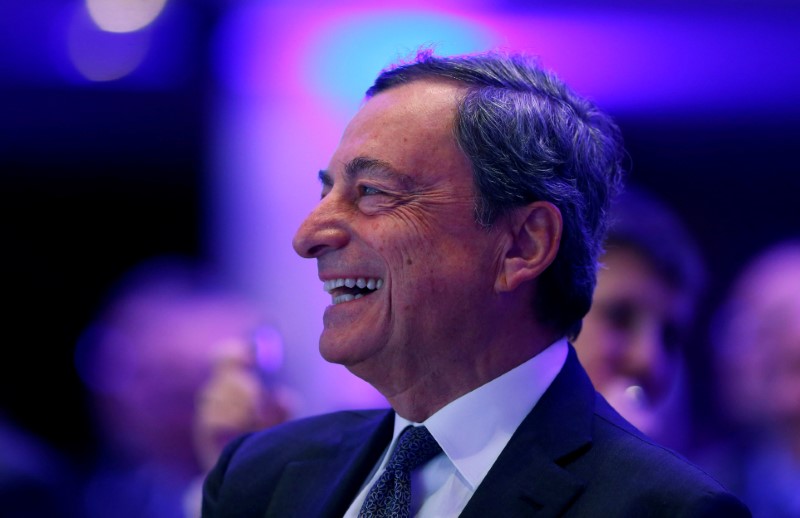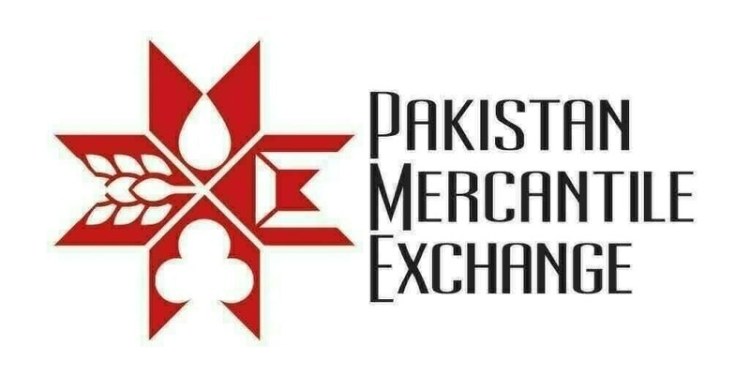 © Reuters. FILE PHOTO – ECB President Draghi attends European Banking Congress in Frankfurt
© Reuters. FILE PHOTO – ECB President Draghi attends European Banking Congress in FrankfurtBy Francesco Canepa
FRANKFURT (Reuters) – European Central Bank President Mario Draghi has decided to remain a member of the opaque Group of 30 club of top figures in finance despite a watchdog’s call to leave it to protect the ECB’s reputation.
The G30 is a private forum of financiers, economists and current and former policymakers who meet behind closed doors to discuss global economic issues.
European Ombudsman Emily O’Reilly had recommended that Draghi gave up his membership to fight “a public perception” that the ECB’s independence as a banking supervisor could be compromised.
The ECB rejected the European Ombudsman’s recommendation on Wednesday, arguing G30 discussions helped it understand economic and financial developments.
“The ECB continues to consider the President’s membership of the G30 to be fully compatible with the independence, reputation and integrity of the institution and, most importantly, to consider that this does not entail any conflict of interest,” the ECB said.
At present G30 members include Draghi and the central bankers of Britain and China, Mark Carney and Zhou Xiaochuan, but also Jacob Frenkel, chairman of U.S. banking giant JPMorgan (N:), whose Luxembourg subsidiary is ECB-supervised.
The chairman of UBS (S:), Axel Weber, and the chief executive of Credit Suisse (S:), Tidjane Thiam – two large Swiss banks with several subsidiaries in the euro zone – are also members.
O’Reilly, whose recommendations are not binding, had said she had found no evidence that the participation of Draghi and other ECB officials in the G30 had influenced Frankfurt’s work as the euro zone’s banking watchdog.
But she criticized what she described as the “secrecy” surrounding the G30, including how members are chosen and what is discussed at the meetings. She added the ECB should tighten its rules regarding public engagements.
Her investigation was triggered by a complaint by activist group Corporate Europe Observatory, which has criticized the ECB for being too close to the financial sector it is meant to supervise.
This included letting financiers take most of the seats on its advisory groups. In a concession to critics, the ECB has started meetings with entrepreneurs outside finance.
Earlier this year, Draghi rejected calls from European lawmakers to have financiers who give advice and feedback to the ECB register as lobbyists, saying they merely provide “information”.
Fusion Media or anyone involved with Fusion Media will not accept any liability for loss or damage as a result of reliance on the information including data, quotes, charts and buy/sell signals contained within this website. Please be fully informed regarding the risks and costs associated with trading the financial markets, it is one of the riskiest investment forms possible.
Source: Investing.com





























